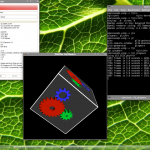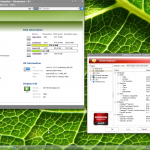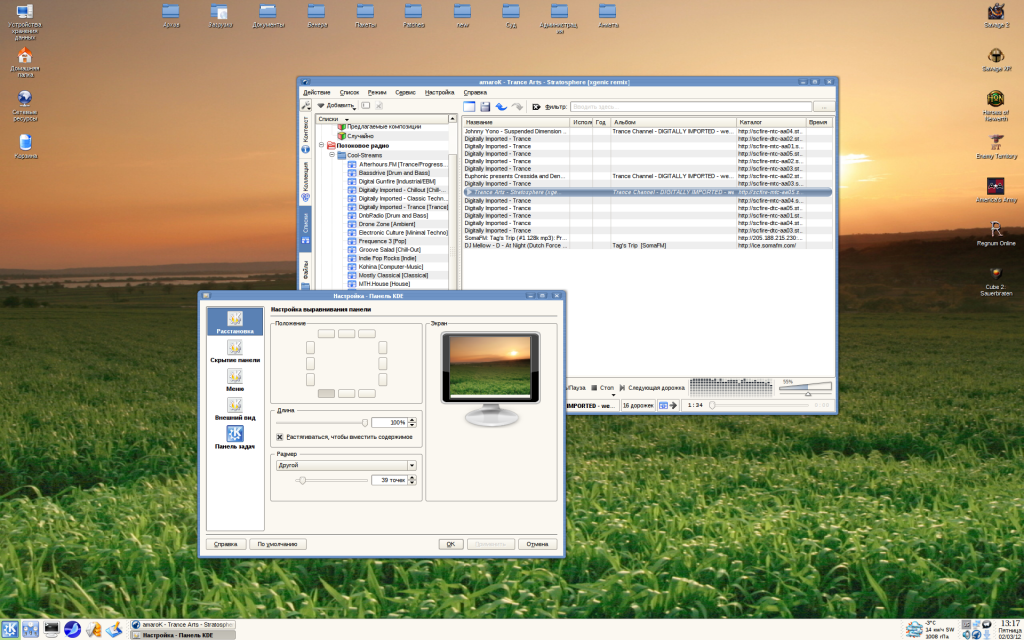All of you probably know YaST, the installation and system configuration tool for openSUSE.
With current YaST, plenty of tasks that system administrator could image are doable using understandable UI: creating users, bootloader configuration, network setup and even Apache configuration. However, it has its drabacks. While being do-it-all tool, it comes with large package dependency even for only simple tasks. It is largely written in an outdated language which has its roots in last century and only few people in the world know it. It lacks the testing abilities of modern languages. It is SUSE specific and lacks larger developer community.
So last year, we (actually, Josef) came with the idea for YaST++: new configuration library that could be a common layer for configuration tools in SUSE (and beyond). Such library should provide simple and understandable API for all tools around. Written in up-to-date language many people know and like, so they can join the development (spoiler: we chose Ruby). Offering bindings to various other languages, so different tools could benefit from it,
Now, this “YaST++” does not actually mean to be replacement of current YaST (with its Qt/GTK/ncurses UI), but it could replace the lower layer of YaST, which is doing the real system configuration. And it would be open for other library users as well: the obvious targets for now are WebYaST and SUSE Studio, but we’d like to see if other tools are interested: even from non-SUSE world.
From architecture point, YaST++ is itself divided into two layers, we call them YLib and config agents. YLib is the high-level library, providing the API (like ‘create user’, ‘set new time zone’ etc.). Config agents form the lower layer, that is actually touching the system. This low level consits of D-BUS services, which are running as a root (thus have the full access to the system) but are started only for users with proper permissions (we are using polkit for policies definition). So YaST++ offers role based access management, where specific users can be allowed to do specific sets of actions. For more, check our architecture document (still WIP).
We’ve started to work on several modules (none of them is finished, though). Let’s look at example in module for users configuration (packages yast++lib-users and config_agent-passwd). Look at example code in ‘users_read’ script of examples subdirectory. With simple ruby call of
YLib::Users::read({})
you get the list of current users. If the script gets additional parameters, it can list e.g. all data about selected user, or only specific information about all:
> ./users_read root
{“gid”=>”0”, “name”=>”root”, “uid”=>”0”, “shell”=>”/bin/bash”, “password”=>”x”, “home”=>”/root”}
> ./users_read only name
{“result”=>[“Batch jobs daemon”, “User for Avahi”, “bin”, “Daemon”, “dnsmasq”, “FTP account”, “Games account”, “User for haldaemon”, “User for OpenLDAP”, “LightDM daemon”, “Printing daemon”, “Mailer daemon”, “Manual pages viewer”, “User for D-Bus”, “MySQL database admin”, “News system”, “user for nginx”, “nobody”, “NTP daemon”, “User for build service backend”, “openslp daemon”, “PolicyKit”, “Postfix Daemon”, “PulseAudio daemon”, “qemu user”, “Router ADVertisement Daemon for”, “root”, “RealtimeKit”, “Smart Card Reader”, “user for smolt”, “SSH daemon”, “NFS statd daemon”, “Novell Customer Center User”, “TFTP account”, “usbmuxd daemon”, “Unix-to-Unix CoPy system”, “WWW daemon apache”, “User for YaST-Webservice”, “LXDE Display Manager daemon”]}
YaST++ developement is in its early stage (even the name is not final), but we already have something to offer.
Check the code and documentation at github project. There’s already a simple tutorial for those who want to try writing new parts.
Download packages from Build Service project.
Comment/propose/oppose in public YaST mailing list.


